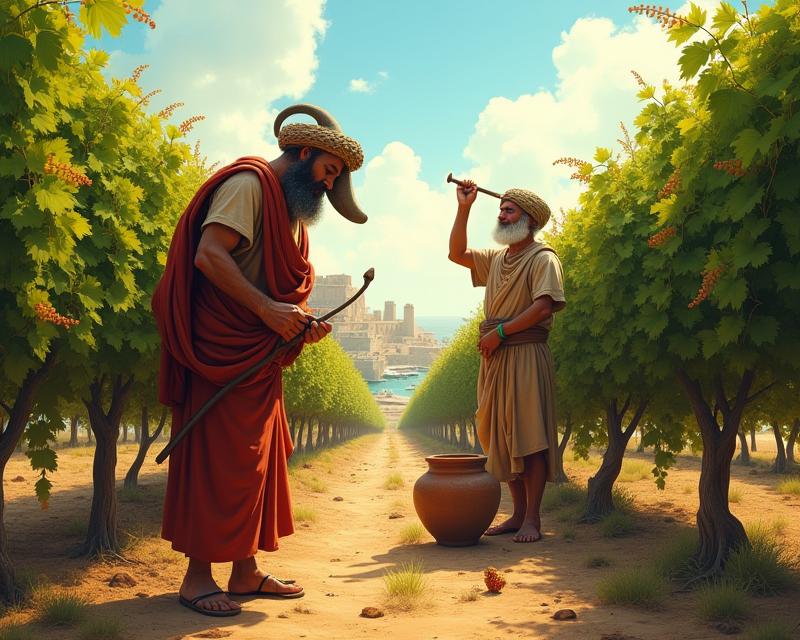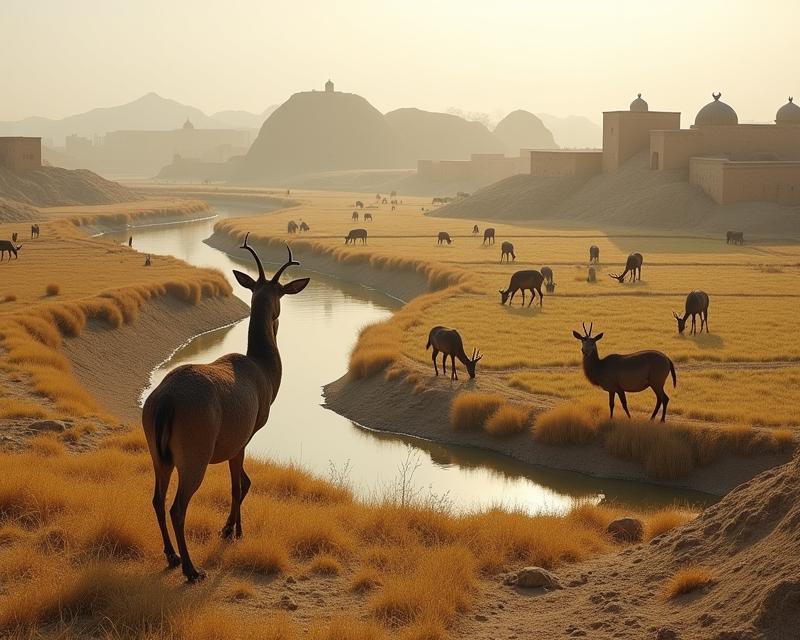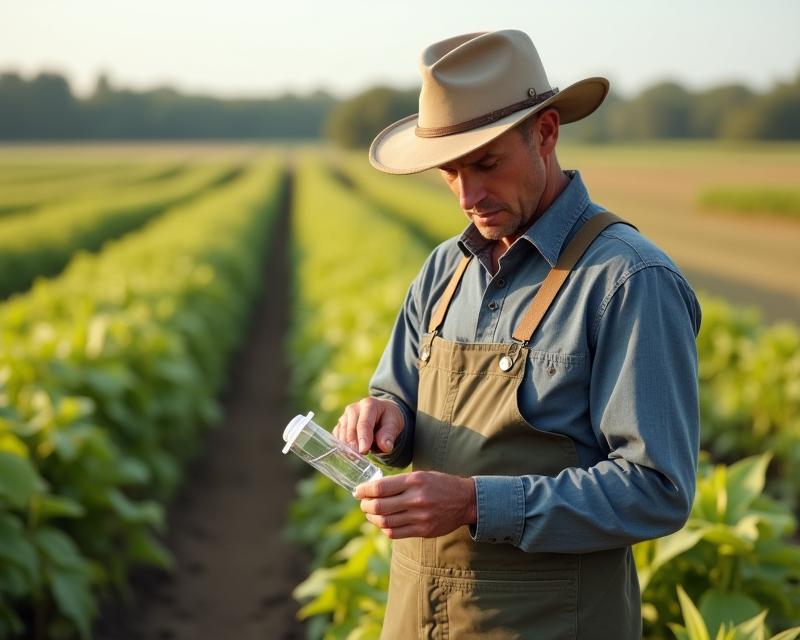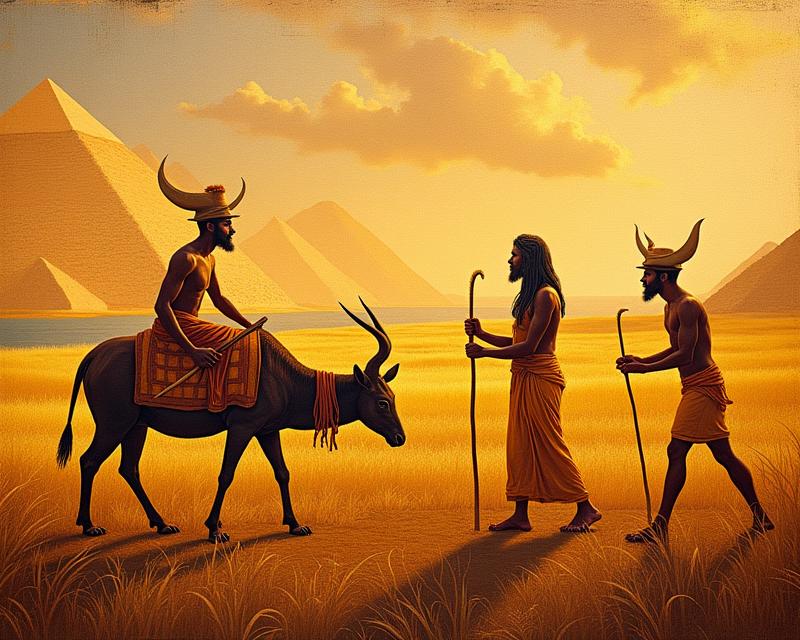Bees: Ancient Allies in Farming
Publish in Agriculture el 07/07/2025 18:39
Bees: Ancient Allies in Farming
For millennia, humans and bees have shared a vital relationship. It's easy to take for granted the buzzing insects flitting from flower to flower, but their role in agriculture stretches back to the dawn of civilization. Understanding this history can offer valuable insights into modern farming practices and the importance of bee conservation.
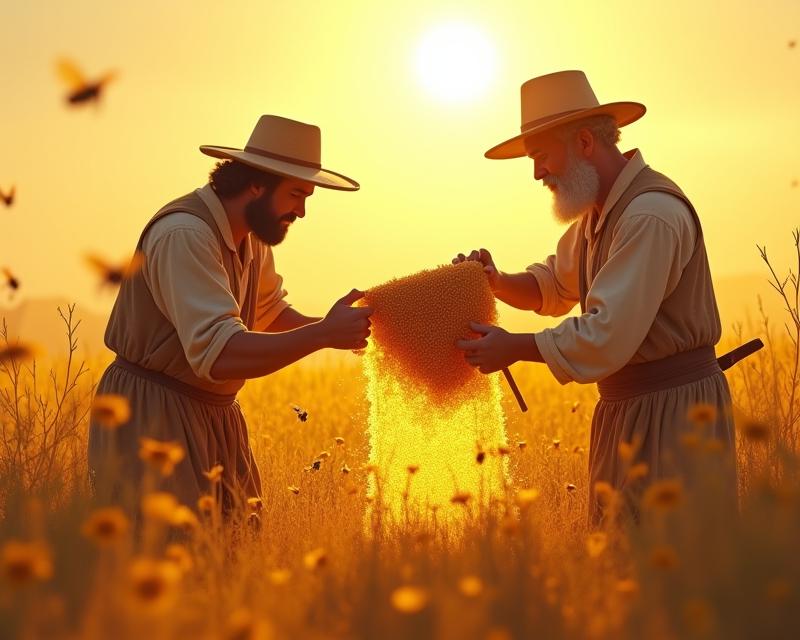
A History of Pollination
Evidence suggests that humans have been intentionally managing bees for honey and pollination for at least 9,000 years! Cave paintings in Spain depict people harvesting honey, and archaeological finds reveal sophisticated honey storage techniques dating back to the Neolithic period. Before modern agricultural techniques, bees were crucial for pollinating crops like olives, almonds, and various fruits. Ancient Egyptians revered bees, associating them with the goddess Isis and incorporating them into religious ceremonies. They understood the importance of bee colonies for a bountiful harvest, even developing methods to move hives to different flowering plants as the seasons changed.
Honey: More Than Just a Sweet Treat
Honey wasn't just a delicious food source; it was a cornerstone of ancient medicine and culture. Its antibacterial and antiseptic properties were well-known, used to treat wounds, coughs, and digestive ailments. Honey was also used in religious rituals and as a symbol of prosperity. The process of honey harvesting itself was a carefully guarded skill, passed down through generations. Early beekeepers used smoke to calm the bees and carefully removed honeycombs from hives, demonstrating a deep understanding of bee behavior.
Lessons for Modern Farmers
The ancient relationship between humans and bees offers valuable lessons for today's farmers. The decline in bee populations in recent years highlights the fragility of this relationship. Practices like monoculture farming, pesticide use, and habitat loss have all contributed to this crisis. By adopting more sustainable farming methods – such as planting diverse flowering crops, reducing pesticide use, and creating bee-friendly habitats – we can help ensure the continued health of bee populations and the stability of our food supply. Supporting local beekeepers and advocating for policies that protect bees are also crucial steps. Remember, healthy bees mean healthy crops, and a thriving agricultural future.
